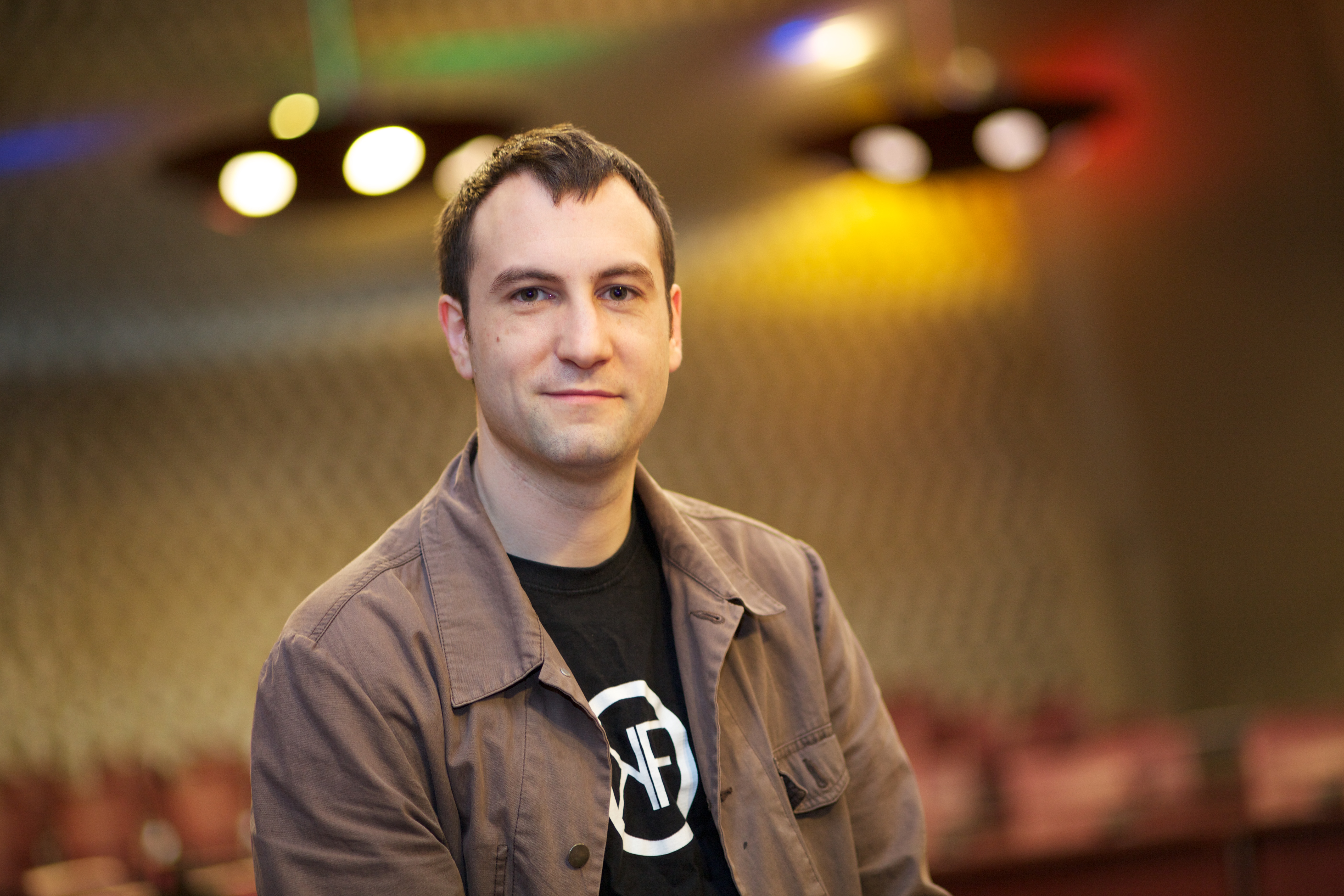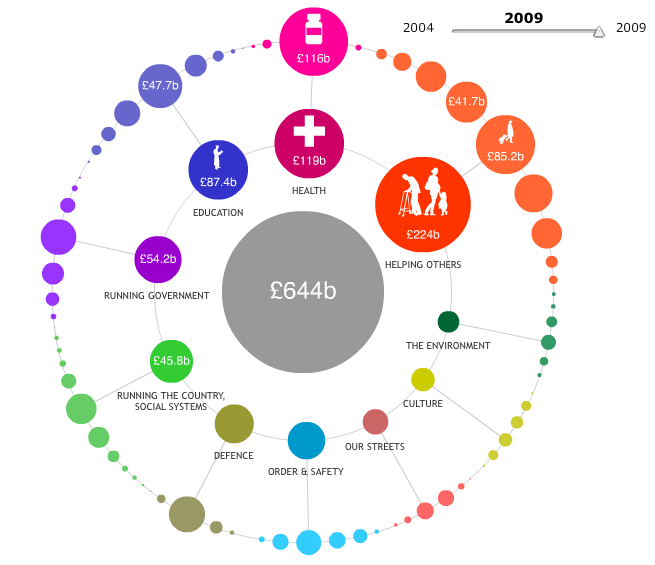
Nesta, the UK innovation charity, has announced it’s Ten Tech Heroes for Good – and Founder of the Open Knowledge Foundation, Rufus Pollock, is on the list! We’re really proud that the achievements of Rufus and the Open Knowledge Foundation have been recognised in this way: focusing on the power of openness to achieve positive social change.
As Nesta say in their blog:
One of the truths we believe in at Nesta is:
Technology won’t save us, people will.
It’s a truth that’s often misunderstood by the tech evangelists, the singularity obsessives, and all the dystopian bandwagoners who think that technology is an alien force that we have to fight to control, otherwise it will eventually control us. This couldn’t be further from the truth.
Technology is an enabling force that allows us to improve the world around us. It is part of our human fabric, not some alien species.
That’s why we wanted to pick out some of the brightest and best talents around the UK and show the great ideas they’ve come up with that use digital technology as the enabling force to improve how we live.
The selection panel was made up of Nesta experts, and set out to identify tech leaders with revolutionary ideas across the board. Rufus was recognised particularly for the groundbreaking work at CKAN, the open source platform which powers many open data portals around the world, including the UK government, the US government, and the EU Open Data Portal. CKAN is a key driver of collaborative and transparent government in the 21st century, providing the foundations of an open data ecosystem.

Other Open Knowledge Foundation projects which received special mention were Where Does My Money Go?, our budget visualisation tool which was the starting point of our bigger OpenSpending project to map all government transactions around the world; Open Data Commons which provides the legal tools that enable the open publication of data; and Open Shakespeare, our free online database of all the Bard’s works.
Other Tech Heroes celebrated in the Nesta list were Eben Upton, the inventor of the Raspberry Pi credit card computer; Iris Lapinski, CEO of Apps for Good, an open-source education technology programme; Linda Sandvik, co-Founder of CodeClub, a free national after-school programme teaching programing; Chris Lintott, founder of the Zooniverse citizen science platform; Sue Black, leading advocate for women in computing; Mohammad Al-Ubaydli, co-founder of Patients Know Best which is revolutionising patient-doctor relationships; Emma Mulqueeny, founder of Rewired Reality, bringing together skilled innovators with the organisations who need them;

Tom Farrand, co-founder of Good for Nothing, building communities to help grassroots innovators achieve social good; and Dominic Campbell, co-founder of Patchwork HQ, a tool to enable better coordination among social care professionals.
Many of these projects include open source and open data elements, and all of them are using technology to empower people and create more just societies. We are really excited to be part of this movement.
Theodora is press officer at the Open Knowledge Foundation, based in London. Get in touch via press@okfn.org








